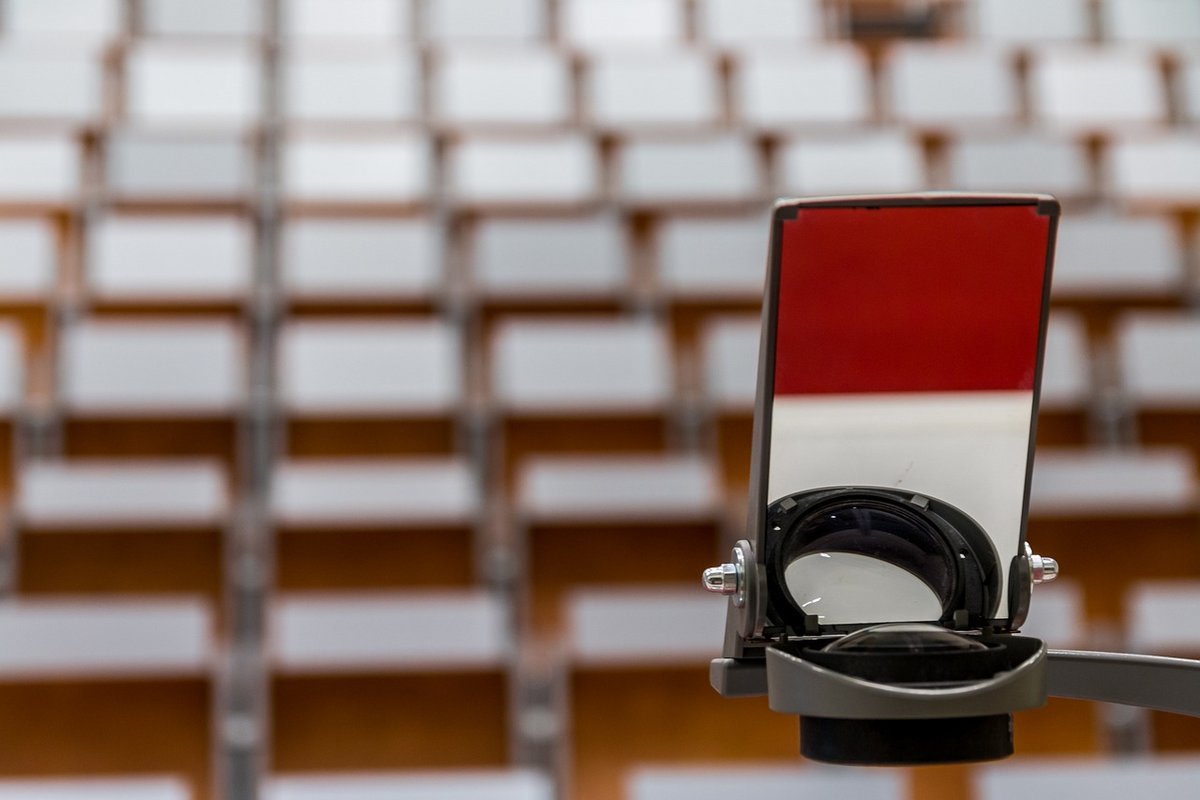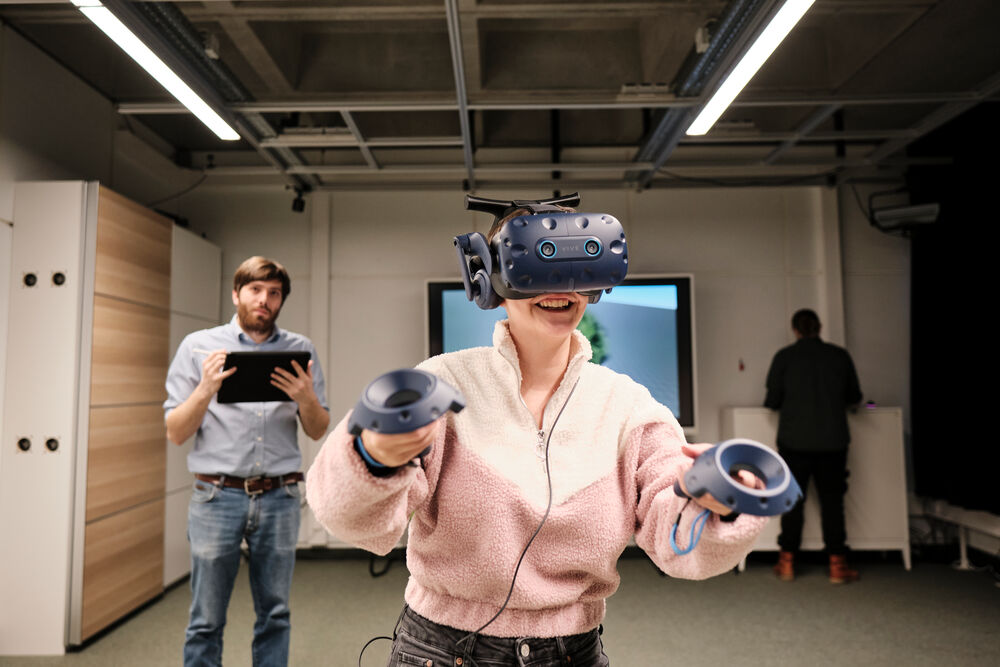
Play along in the GameLab
On 26 April 2024, the GameLab at the University of Konstanz opens its doors to the public from 10:00 to 12:30. The day before, the GameLab will host an academic workshop to kick off its new focus on studying the social relevance of digital (gaming) skills.
Read more

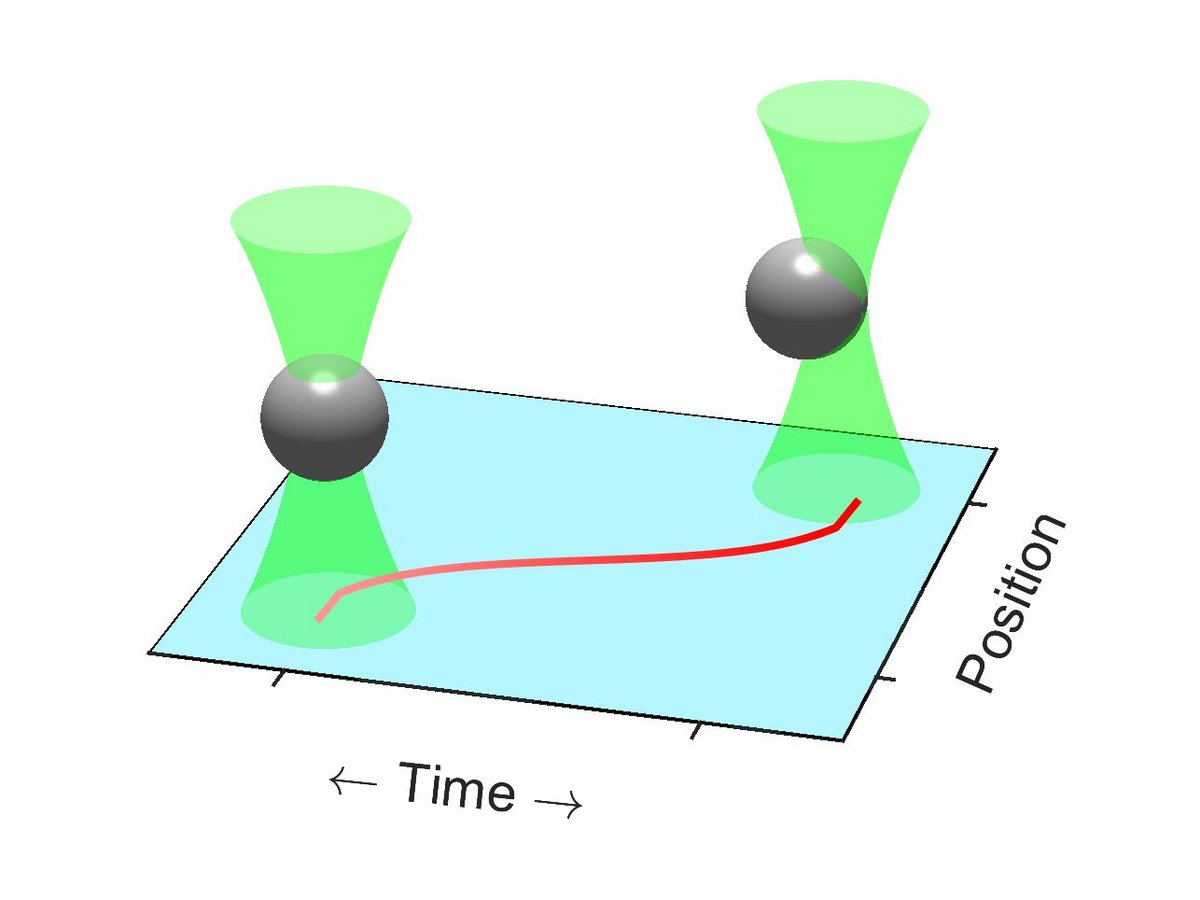
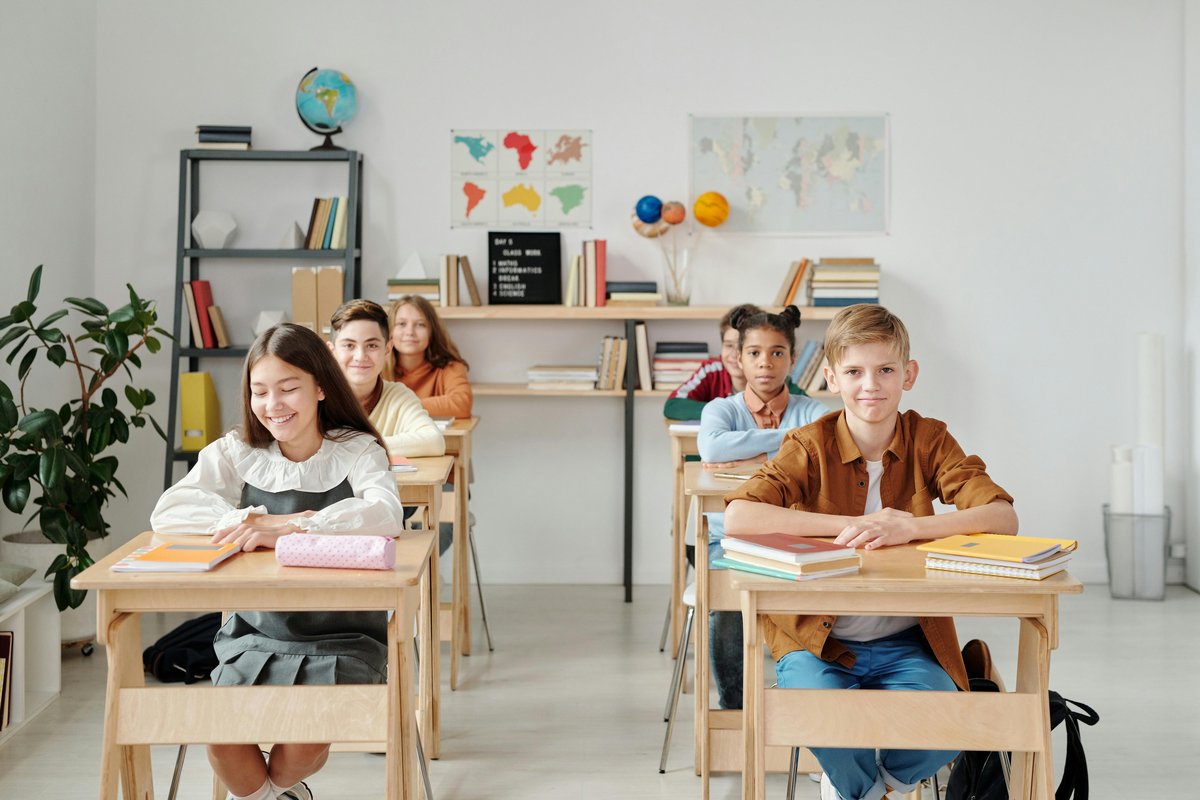
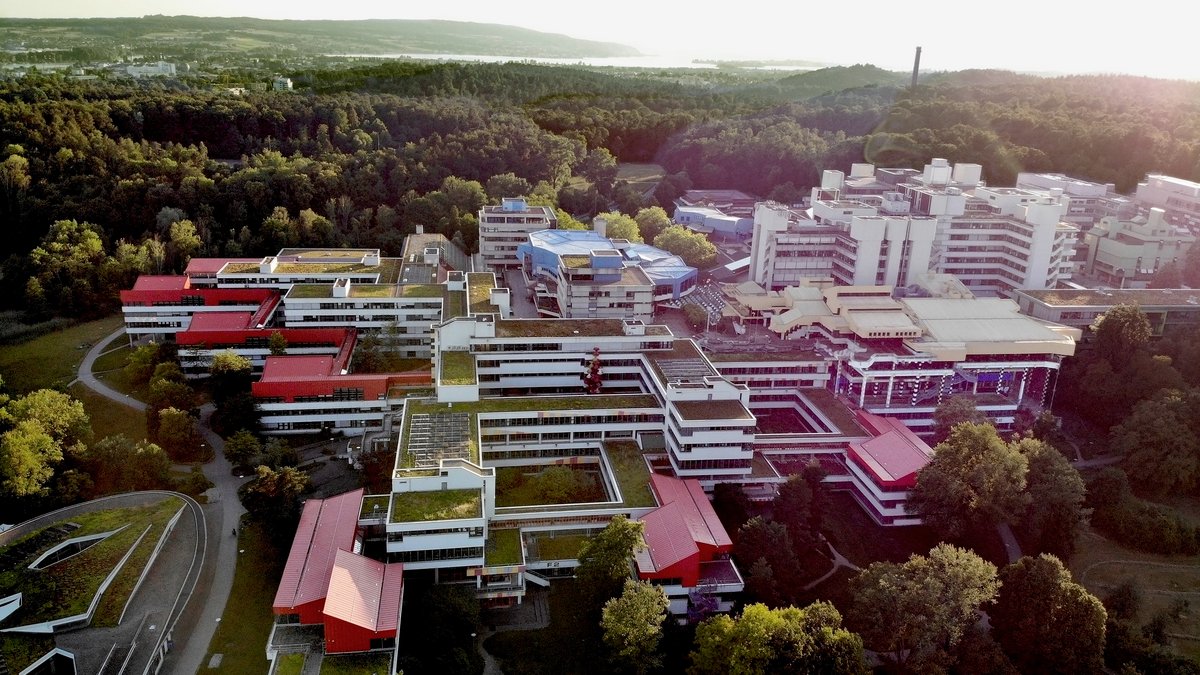
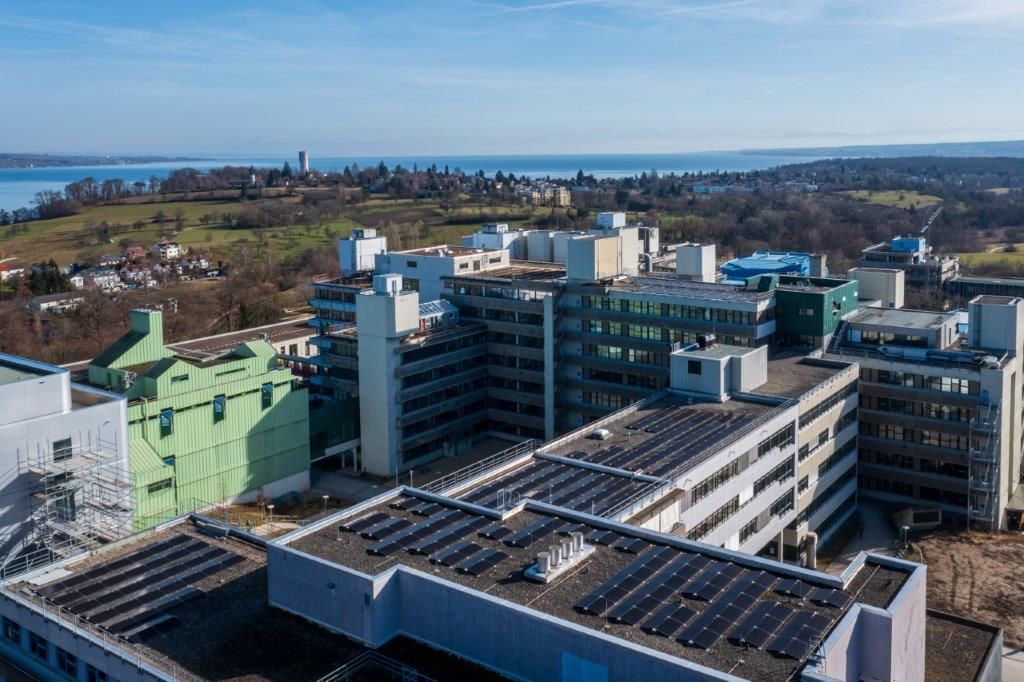
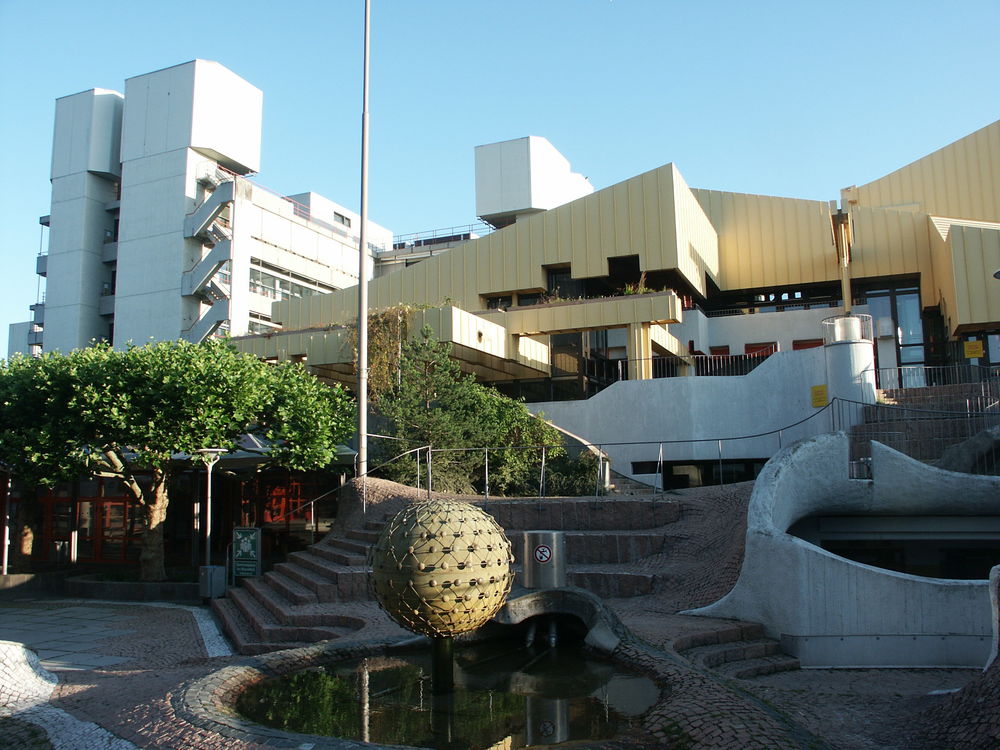
![[Translate to Englisch:] Drawing of a man and a woman sitting opposite each other on chairs. He is agitated or angry. His feelings are being transferred to her.](/fileadmin/_processed_/4/9/csm_stressuebertragung_e0ee1ee349.jpg)
![[Translate to Englisch:] [Translate to Englisch:]](/fileadmin/pi/fileserver/Digital_Magazin/4.%20Science%20Backstage/2024/Juliane%20Vogel.jpg)
